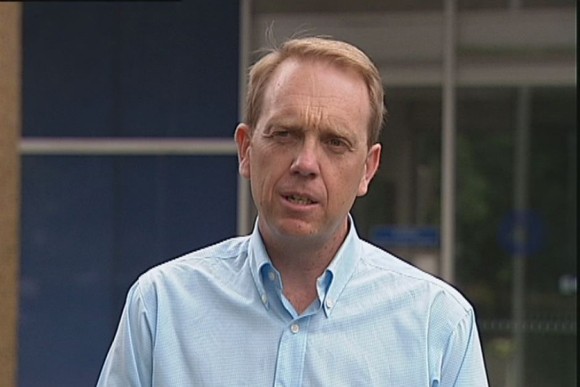Canberra’s courts will have gay divorce cases added to their workload if the ACT government succeeds in its bid to legalise same-sex marriages.
The ACT’s Labor-Greens government hopes to pass a law through the Legislative Assembly allowing same-sex marriages to take place in the territory.
But the Family Court, which is responsible for divorce cases in Australia, would not have the jurisdiction to dissolve same-sex marriages made under ACT law.
ACT Attorney-General Simon Corbell confirmed that local courts would have to deal with divorce cases made under a territory same-sex marriage law.
Same-sex “civil unions” could already be dissolved by agreement or by a court order.
“As the parties to a same-sex marriage under ACT law would have no recourse to the family law court, a same-sex marriage Act would need to include provisions reflecting the serious nature of the relationship,” Mr Corbell said.
The ACT Liberals last month unsuccessfully attempted to move a resolution in the Assembly calling for a fifth Supreme Court judge’s position to be funded in the June budget.
Same-sex legislation proposed by the Tasmanian Government contained a provision for the island state’s Supreme Court to handle marriage dissolutions.
Gay rights activist Rodney Croome said the Family Court would still be able to deal with property disputes which arose as the result of the breakup of a same-sex marriage.
“The process for resolving property disputes under a state or territory same-sex marriage would be quite simple,” Mr Croome said.
“If the couple qualified as a de facto couple in the eyes of the federal government – which most same-sex marriage partners will – then they can resolve their property dispute in the Family Court.”
Mr Croome said it should not be a surprise if gay and lesbian marriage laws were passed in Australia by state and territory legislatures while the federal Parliament refused to act on the issue.
“If same-sex marriages were first to be recognised at a state-by-state level and then nationally they would conform with the pattern that we’ve seen in the recognition of all personal relationships in Australia in modern history,” he said.
“It’s occurred first at a state level and then gone nationally: that’s heterosexual marriage, heterosexual de facto [marriage] and same-sex de facto marriage.”
The ACT government announced in October that it would work with Tasmania to further state- and territory-based legislation allowing same-sex marriage.
“The ACT has strategically and steadily sought legal equality for same-sex couples since 2006,” Mr Corbell said.
“I have publicly maintained my support and the support of this government for full marriage equality for same-sex couples. Marriage equality legislation is one of the key commitments of the Parliamentary Agreement for the eighth Legislative Assembly.
“A same-sex marriage bill is currently being developed.”
If the bill passed the assembly, it would almost certainly be challenged in the High Court or could be overturned by the federal Parliament.
A same sex-marriage law passed Tasmania’s Legislative Assembly last year but was defeated by eight votes to six in the state’s Legislative Council.
Tasmanian advocates of same-sex marriage hope that the numbers could shift their way after three elections are held for three Legislative Council seats next weekend.
Federal Parliament last year rejected proposed amendments to the Marriage Act which would have allowed same-sex marriages.
Prime Minister Julia Gillard and Opposition Leader Tony Abbott are opposed to gay marriage.
Author: Peter Jean
Publication: The Canberra Times
Publication Date: April 30 2013

